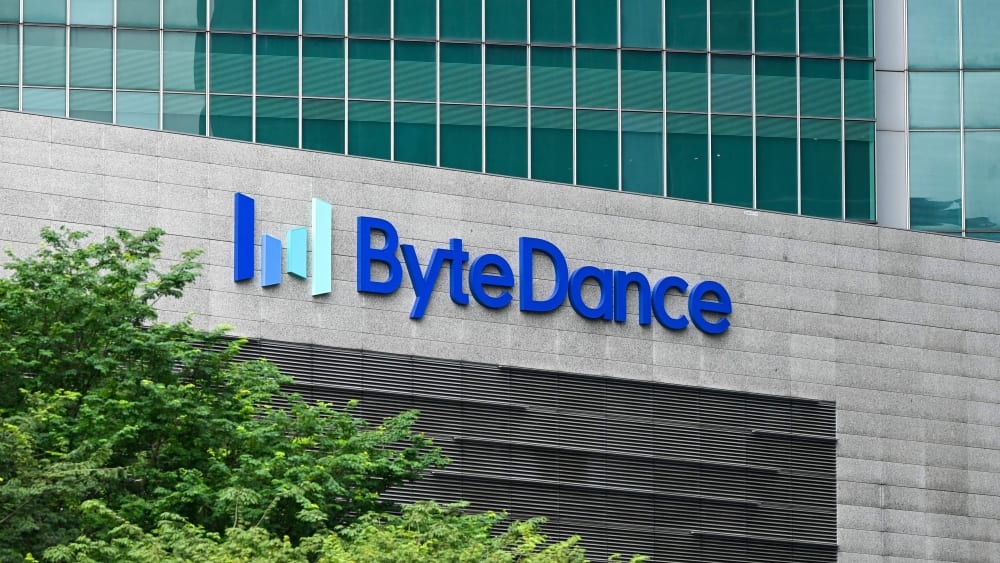
How China's ByteDance accessed NVIDIA's AI chips despite US sanctions
What's the story
ByteDance is using a loophole in US regulations to train AI models on American soil with NVIDIA's advanced AI chips. According to The Information, despite the US prohibition on selling top-tier AI chips to China since 2022, the TikTok parent is said to be renting servers containing these chips from Oracle. This practice technically adheres to the law but contradicts the spirit of regulations aimed at preventing China from using advanced AI for military/surveillance purposes or gaining economic advantage.
Legal challenges
ByteDance faces US legislation amid legal controversy
The Joe Biden administration has enacted bipartisan legislation that could force ByteDance to sell its US operations or face a ban. Despite this, the company has until early next year to finalize a deal and is currently suing the US government, potentially delaying enforcement of the legislation. Meanwhile, preventing ByteDance from sending trained AI models back to China could prove challenging, according to US-based cloud providers and a former NVIDIA employee, who spoke to The Information.
Strategic initiative
Project Texas: A strategy following regulatory scrutiny
ByteDance's Project Texas, which aims to separate TikTok's US operations from its Chinese leadership, is central to the company's current arrangement. However, former ByteDance employees have described this initiative as "largely cosmetic," alleging that the US branch frequently collaborates with its Beijing-based leadership. Other Chinese companies like Alibaba and Tencent are reportedly considering similar strategies to gain access to these coveted chips through their own US-based data centers.
Information
Not all companies are willing to circumvent the law's intent
Not all companies are as willing as Oracle to circumvent the spirit of US chip restrictions. "Two small American cloud" providers reportedly declined offers to rent servers with NVIDIA's H100 chips to China Telecom and ByteDance, citing that such actions seemed against the spirit of US chip restrictions.
Regulatory constraints
US Commerce Department might already be aware
The US Commerce Department, which could potentially close this loophole, might already be aware of these practices. Earlier this year, the department proposed a rule requiring cloud providers to verify foreign identities of foreign customers and notify the US if any were training AI models that "could be used in malicious cyber-enabled activity." However, most cloud providers disapproved of this proposal, arguing that "the burden of additional requirements might outweigh the intended benefit."
Limitations
Closing loopholes may not halt Chinese cloud providers
Even if the US manages to close this loophole, it wouldn't prevent Chinese cloud providers like Tencent and Alibaba from purchasing NVIDIA's chips and using them to train AI models in their own US-based data centers. This presents a complex task for the Commerce Department as business and defense interests vie for control. The department's challenge lies in balancing the need to protect national security with maintaining a competitive business environment.